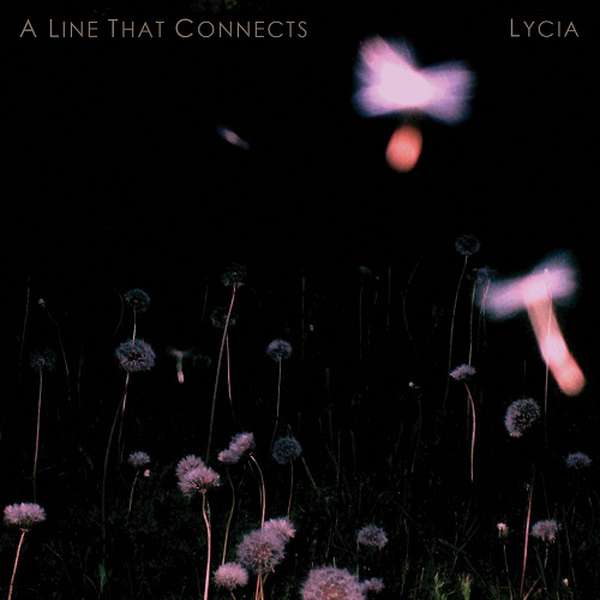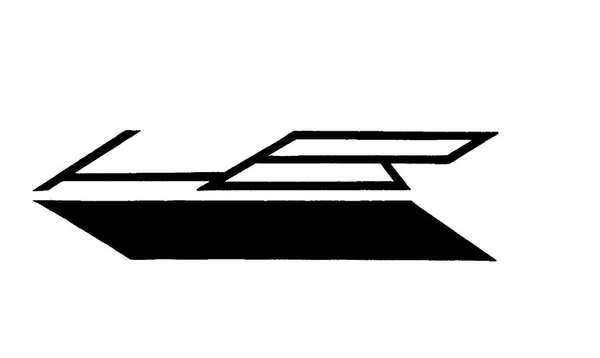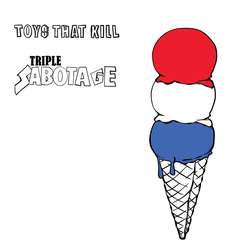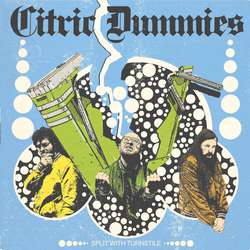Lycia was a band that always seemed to me like they were flying a bit under the radar. With a career spanning for almost thirty years now, the act from Arizona released a series of excellent full-length albums, with A Day In The Stark Corner and Cold particularly standing out. What is more, their presence in the scene was constant and Lycia were very active when it came to putting out new music. They would release a new album every two or three years, and in cases when they would take more time, for example between the release of Estrella and Tripping Back Into The Broken Days, they would put out some EP, as was the case with The Time Has Come and Gone.
However, after their 2003 album, Empty Space, the band would go quiet and the three members would go into solo releases, with Lycia seemingly going on a hiatus, or a state of hibernation. Thankfully that changed in 2010 and the release of The Fifth Sun EP, with Lycia mainman Mike VanPortfleet resurrecting the group. Following that Quiet Moments came along, this time around as a solo project of VanPortfleet, continuing the great tradition of excellent albums. Everything about the record seemed to be in place with the dream state of Lycia taking hold over and the darkwave vibe present with its sorrowful quality. However, it did seem like Quiet Moments was the warm up stage for what Lycia would go on doing next. So, for their newest album, A Line That Connects, Lycia are returning to their stronger form with all three members, Mike VanPortfleet, Tara Vanflower and David Galas back full-time.
The source of Lycia's concept lies within the darkwave domain. “Monday Is Here” is an example of this, more straightforward approach to the gothic rock movement, as is the case also with “A Trade Out.” The melodic lines of the tracks are established within the proto-darkwave spirit in terms of their structure, something that is also followed in “The Light Room” in a more energetic form, with some more dissonant tendencies. It is also the sorrowful quality that overflows from Lycia's concept that is so engraved in their music. “The Fall Back” sees the band taking on a funeral-esque quality, as the slow pace heightens the emotional quality of the track. The leads of “Monday Is Here” are drenched within that mournful element of Lycia, with their melodic approach sticking instantly inside your head. The album gets only more intense. “Blue” resumes the slow, torturing guitar parts and the glacial pace, taking on a ceremonial-like disguise, while you can already predict that this will only end in tears when “The Only Way Through” is introduced, as Lycia lead this terrifying dance of grief and anguish.
However, what Lycia have been pioneers of is the ethereal quality that is allowed to creep into their darkwave form. In order for something like that to be achieved, they would need to have a number of layers when it comes to their atmosphere. In A Line That Connects different types of ambiances can be found. “Silver Leaf” starts off in a distinctively scary tone, with the acoustic guitar and vocals along the minimal drums setting the tone. The acoustic guitar makes a few more appearances in the album, with that in “Autumn Moon” having an absolutely magical effect on the track, as Lycia's darkwave is somehow merging with an almost dark folk vibe. The use of samples is another method that the band employs to construct the necessary ambiance, as is the case with “Blue” and the bleaker “An Awakening,” in which the reverb drenched guitar parts are of equal importance.
From that meticulous construction of ambiance, Lycia can further build their ethereal soundscapes. The slow pace and sorrowful tone of the opening track find the perfect match in the ethereal element of the guitars. “Monday Is Here” and “Blue” feature these distinctive guitar melodies, granting a very unique sound to the band, while the sweeter tone of “A Ghost Ascends” creates a gorgeous dystopian illusion, as if the world around is melting away. But that does not mean that the origins of this aura are found solely in the guitars. The vocal lines are of equal, if not more, importance in this process. The manner in which the vocals wash over each other in the “The Fall Back” is absolutely uncanny, while the performance in “Silver Leaf,” especially in terms of the backing vocals, is an absolutely tremendous example of how naturally and with ease Lycia can come up with that vibe.
However, once the construction of ambiance has been achieved and the ethereal quality of the music established, Lycia is able to push even further and into a completely dreamlike state of existence. In “A Trade Out” such parts are found, with the band crafting unique soundscapes of unparalleled beauty. The vocals in “The Light Room” also aid massively in the formation of this dream state, as do the switches from the direct parts to more ethereal moments, granting more depth to the song. However, the complete immersion is achieved with “Hiraeth,” which falls completely within the dream domain, feeling like the ethereal soundscapes are constantly moving and shifting with a sense of sorrowful bliss. The mesmerizing spoken word parts and the hypnotising melodies of the track act like a beacon for the track, completely captivating you in the process.
A Line That Connects is an album of progression, and while the first few tracks take on the ethereal darkwave mantle, there is a change of scenery from “An Awakening.” On that track, after a minimalistic intro, Lycia take on a more aggressive and direct form. Encompassing elements of electronic music, the band wonders into the next few songs. “The Rain” has a strong electronic presence, with the darkwave melodies still present and the mechanical drums fitting perfectly with the busier background. The intense groove gives a great sense of movement to the track, while the imposing vocals make everything appear attenuated in their presence. However, the most devastating moment of that side of Lycia is when the noise influences begin to creep in. That is the case with the monumental “Bright Like Stars,” as the ethereal melodies run amok and the darkwave quality takes a step back, with the circling pace of the track and the band taking on a precise, mechanical approach of extremity. The repetitive patterns make the whole process torturous and deafening, while the effects are going berserk only adds to the terrifying beauty of the track. That circling, monotonous approach is further explored in the industrialized “Illuminate.” The track is taking a very imposing form, with some noise elements still finding their way into the track, and there is an ice-cold feeling about the song. I mean, the whole album has an icy approach but on “Illuminate” we are talking about sub-zero temperatures, with the same ethereal vision still present.
A Line That Connects stands proudly next to the greatest works of Lycia. This is a band that has a concept to unfold, a vision to follow, a story to tell with its depressing music. As much as I liked Quiet Moments, A Line That Connects is the album I was waiting for.





